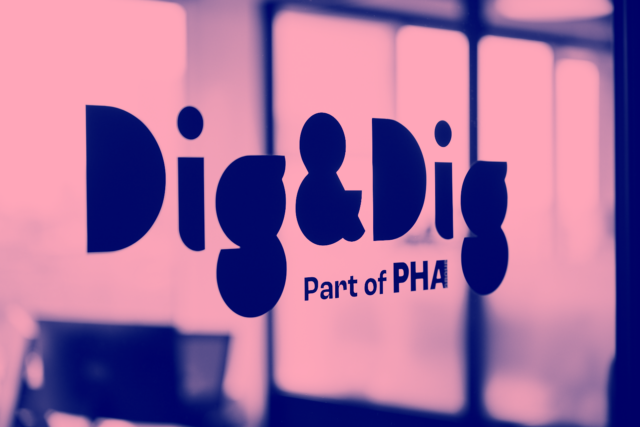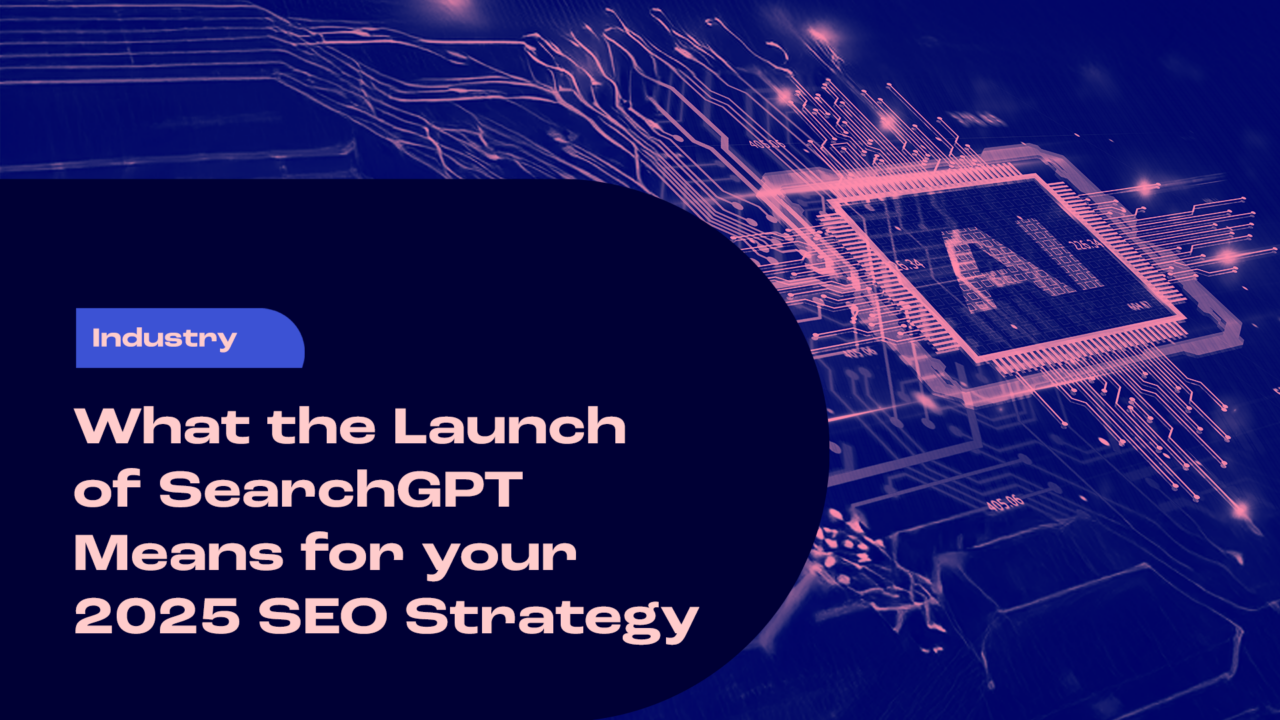

The Impact of SearchGPT on Your 2025 SEO Strategy
Last fall, OpenAI launched SearchGPT, a game-changing new search tool that blends traditional search engine capabilities with AI-powered insights. Its arrival signaled a shift in how users interact with search results—and subsequently, how businesses may need to rethink their SEO strategies moving forward.
But what exactly is SearchGPT, and what does it mean for your SEO strategy in 2025? Let’s break it down.
What is SearchGPT?
SearchGPT is OpenAI’s latest AI-powered search tool that delivers detailed, conversational responses in real-time. Unlike traditional search engines like Google or Bing, which rely on keyword indexing and complex ranking algorithms, SearchGPT provides highly personalized and contextually relevant results by compiling insights from across the web.
Think of it as your incredibly intelligent friend who doesn’t just give you a list of links, but actually explains things in an easily digestible way. It’s designed to answer complex queries directly—often eliminating the need to click through endless pages of search results to discover what you’re looking for.
Like all AI-driven products, we can expect drastic innovation of the product throughout the year ahead. The October launch was just the start, with ongoing updates expected to make it even sharper and more intuitive. If you’re in the digital marketing space, or rely on organic traffic to generate growth, it’s time to get ahead of this curve.
What Makes SearchGPT Different from Traditional Search Engines?
Google has, and continues to dominate the search world, but SearchGPT brings something fresh to the table. Here’s how it stands apart:
AI-Powered Answers vs. Link Overload
Google ranks content based on a complex algorithm that references hundreds of factors including backlinks, keyword usage, and relevance, ultimately serving up a series of clickable links. SearchGPT? It curates and synthesizes data to serve you the most relevant answer without the need to click.
Context is King
To oversimplify, if Google loves keywords, SearchGPT loves context. It dives deeper into the intent behind your question and delivers answers that intend to satisfy the why behind each search.
Exclusively Zero-Click Searches
SearchGPT has aligned itself perfectly with the growing trend of zero-click searches, where users find what they need without ever leaving the search result page. While Google has also leaned into this heavily with its broader rollout of AI Overviews (AIO), this overarching trend spells big changes for top-of-funnel traffic, forcing businesses to rethink their organic strategies to maintain visibility.
Ad-Free, Stress-Free
One of SearchGPT’s biggest wins for consumers? No ads…at least just yet. Unlike Google & Bing, where paid placements can dominate and overwhelm users, SearchGPT provides a clean, distraction-free user experience. Depending on market share trends and adoption rates, this could drive significant changes in digital strategies and budget allocation in the months and years to come.
How SearchGPT Impacts SEO Strategies in 2025
Google and traditional search engines aren’t going anywhere, but with SearchGPT now in the mix, SEO strategies should be retooled for maximum impact.
Content Quality Remains Everything
I really hope we’re past this, but to crystalize the point: Gone are the days of keyword stuffing and thin content. You simply cannot write content for search engines and expect to succeed – instead, every single word must consider the unique intent and needs of your audience. SearchGPT (and other AI-driven search results) rewards well-researched, informative, and valuable content (think basic E-E-A-T principles). If your content doesn’t genuinely help users, it will never be seen – simple as that.
New SEO Metrics, Please!
In 2025, rankings, impressions and click-through rates (CTR) might not be the SEO darlings they once were. With SearchGPT providing direct answers to searchers, brands will need to get creative to find innovative methods for tracking content engagement, brand authority, and complex attribution.
Structured Data Matters More Than Ever
Even more than traditional search engines, SearchGPT thrives on structured data to understand and deliver content effectively to users. Brands should focus on all relevant schema markup and clear, concise formatting to ensure their content is AI-friendly.
Usage Comparison of Google vs. SearchGPT
Despite the recent attention SearchGPT has garnered, Google remains the dominant leader amongst search engines. As of December, 2024, Google holds around 90% of the market share in search engines worldwide, with its reach extending across all types of search.
On the other hand, SearchGPT, while offering innovative features like natural language processing and conversational search, is still carving out its niche in this competitive space – factoring in to what many believe is less than 1.5% of all search activity. As SearchGPT evolves, it could present a new way to interact with the web, but it currently doesn’t match Google’s vast infrastructure and user base.
Preparing for the SearchGPT Era
To wrap up, here are a few ways to stay ahead of the curve and prepare for SearchGPT’s likely growth:
- Continue to create unique, helpful, and intent-led content that speaks directly to your end users; only optimizing for search when this is accomplished.
- Optimize all content for conversational queries and intent – ensuring markup and formatting best practices are closely followed.
- Keep an eye on traffic analytics to identify search engine patterns and broader technology use of your audience. Adapt in real time.
- Embrace a more holistic approach to search strategy – treating traffic more as a vital sign rather than a primary objective. Instead, shape your decision making around quality metrics that are more aligned to driving growth of engaged users that are actively in-market for your products and solutions.
SearchGPT is here, and it marks a clear emergence of AI within the SEO landscape. It’s time for strategies to evolve — and it’s critical to be an early adopter. Please reach out to Matt@diganddig.com if you have any questions regarding how to get started or what this means for your business.


